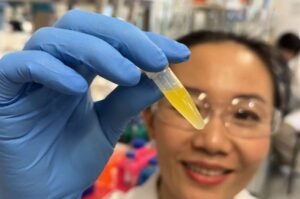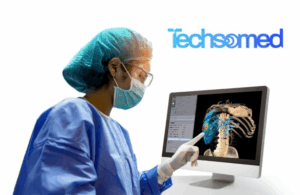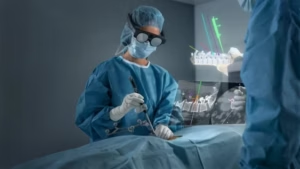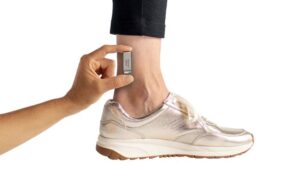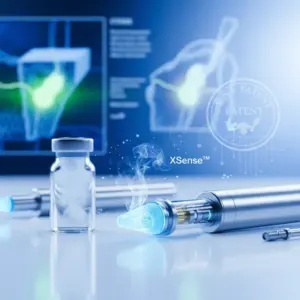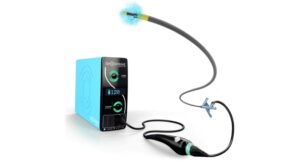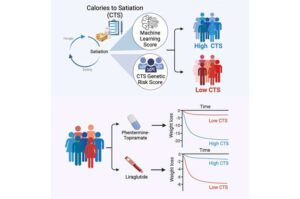
Engineered gut bacteria improve survival outcomes in colorectal cancer tumors
In a new study that combines synthetic biology with cancer immunotherapy, researchers from the Yong Loo Lin School of Medicine, National University of Singapore (NUS Medicine) and Central South University in China have developed an engineered strain of gut-homing bacteria that stimulates potent antitumor immune responses against colorectal cancer (CRC).

